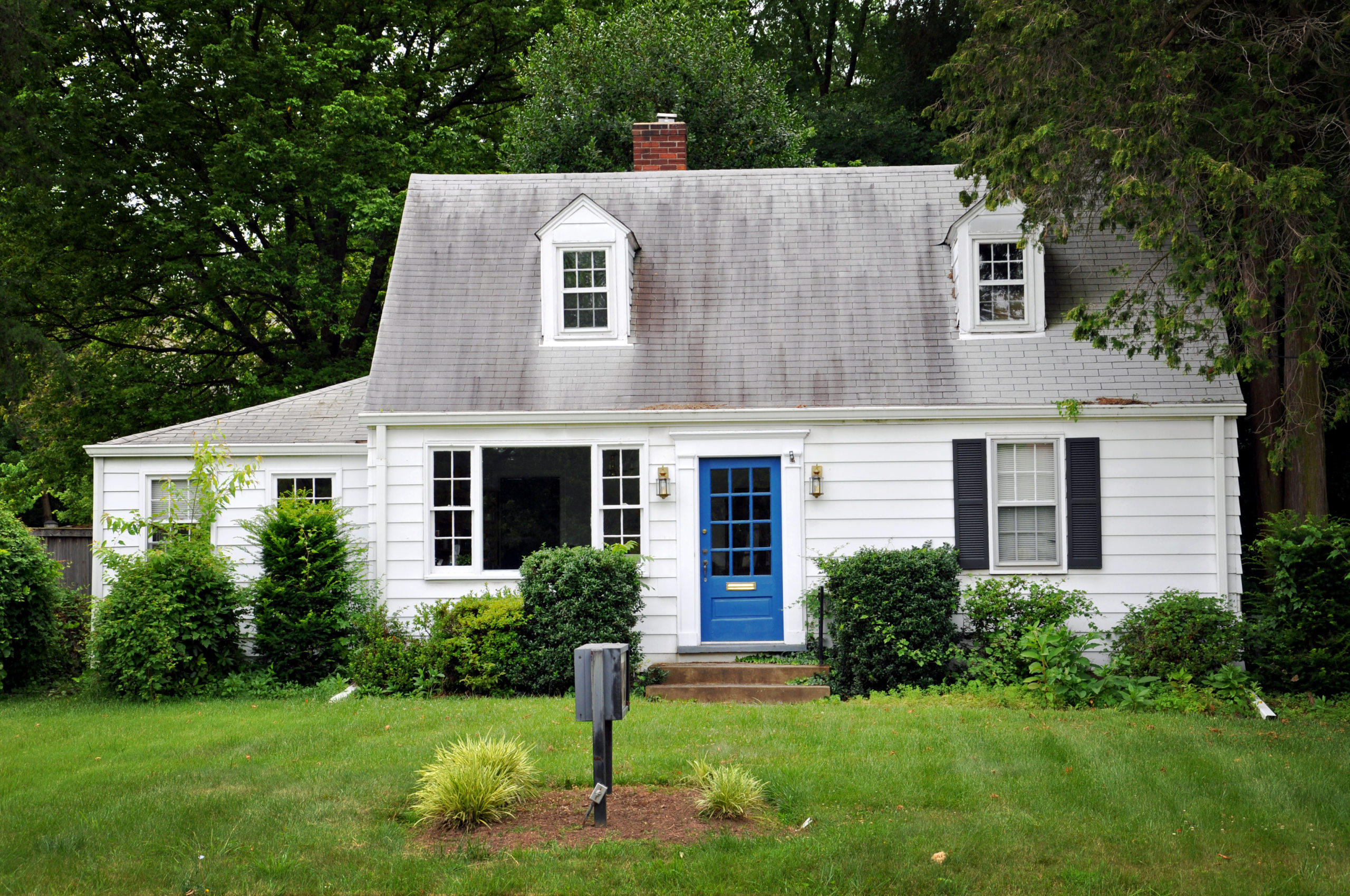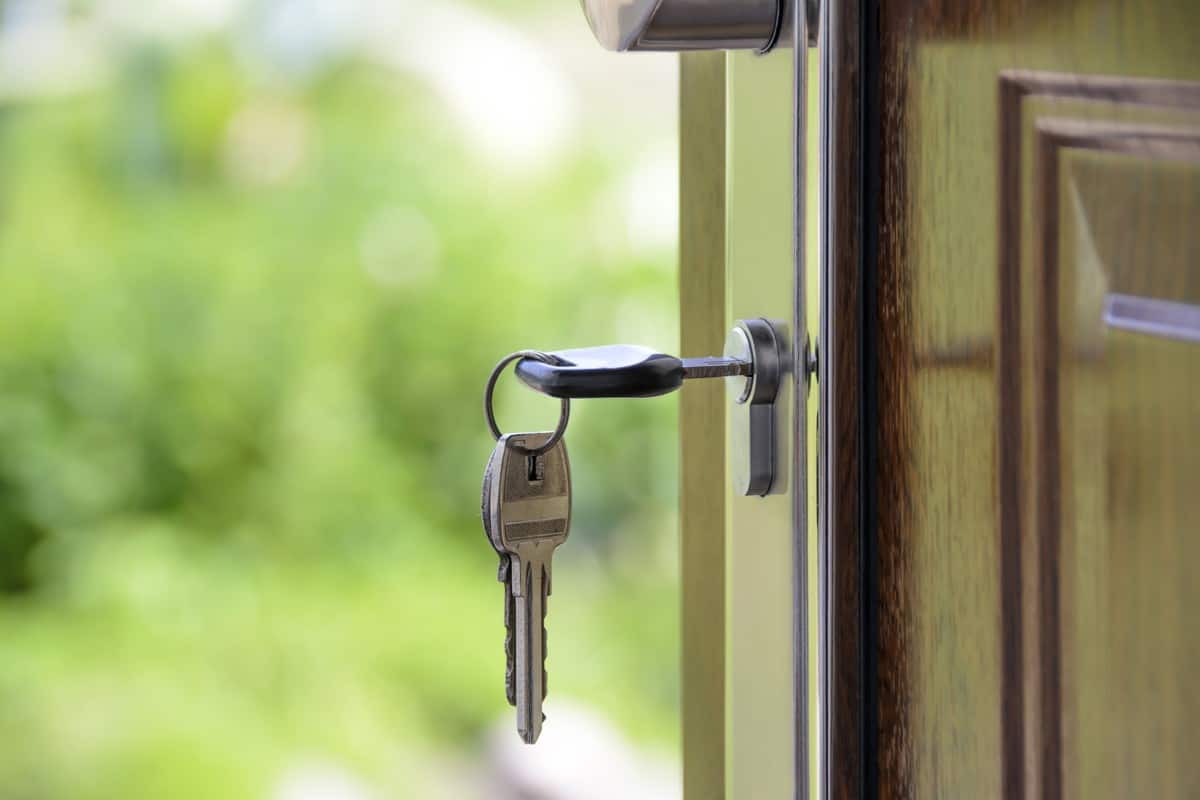When your budget as a first-time homebuyer is tight, it may be tough to buy a property in your dream neighborhood. That may be why 67% of homebuyers ages 18 to 34 are willing to buy a fixer-upper, according to a 2019 survey from Clever Real Estate, an online real estate referral service.
Fixer-uppers, or homes needing repairs or updates, may allow you to buy a bigger house in a better location, says Michelle Miller, a Realtor in Annapolis, Maryland, with Douglas Realty. Or, it might be your best chance at buying into the American Dream.
But before you channel your inner Chip and Joanna Gaines, you should know what you’re getting yourself into. Fixer-uppers are sometimes more costly and inconvenient than you may expect. Ask these questions to find out if a fixer-upper is right for you.
How much time are you willing to invest?
There’s no doubt about it — home renovations are more than a small inconvenience. This is why buying a fixer-upper may not be a good fit for everyone. In fact, 43% of homebuyers prefer to skip the hassle of renovations and repairs, according to a 2019 survey from The Porch, a home services platform.
“You should ask if you’re willing to do the work or if you will need to hire out,” says Ryan Substad, owner of Northwest Property Solutions in Seattle, Washington.
Doing it yourself is more than a time commitment. You will also need a certain level of home repair experience, plus all the necessary tools and equipment, which may be costly. If you have never used a hammer or drill, doing it yourself may not be the safest or most efficient choice.
While popular television shows make it look like a breeze, home projects may take a lot longer than you expect. You will need to decide if renovating a home is something you’re willing to commit to — no matter how long it takes.
What is your total budget including repairs and renovations?
When you buy a fixer-upper, it can be difficult to plan for the cost of renovations. That’s because only 52% of home projects finish on budget, according to The Porch. This could be a problem if you buy a fixer-upper at the top of your price range and don’t have enough money for the necessary repairs.
Mike Collins, 43, owner of DadSense.co in Matawan, New Jersey, bought a fixer-upper home for $255,000. In 2005, it was as much as his family could afford — and buying the home pushed their budget to the limit. Almost as soon as they moved in, the expenses started to pile up.
Within a short period of time, they dealt with poor insulation during a cold winter. A nest of carpenter ants in the wall caused a bunch of costly damage. Then a tree fell, puncturing a hole in their aging roof.
“We stretched ourselves to afford the home and went into debt to cover repairs and maintenance,” he says. Their first round of repairs cost about $11,500. His family stayed in the home for 6.5 years before eventually selling it.
“I always felt it was a ticking time bomb with another major expense around the corner,” he admits.
Miller says it may be possible to avoid trouble by applying for a loan that covers the home and cost of renovations. You can figure out the scope of the work — and the necessary timeline — by speaking with a home inspector or general contractor.
But after estimating the cost of renovations, you may find the fixer-upper isn’t the bargain you hoped for. Many people spend more on a fixer-upper than a move-in ready home, according to The Porch.
On average, the folks surveyed paid $250,000 for a move-in ready home. Fixer-uppers cost $200,000 plus $47,000 for repairs. But these projects often went over budget by at least $25,000 — bringing the total to $275,741.
“Older homes have charm but if they weren’t well maintained, they can turn into a money pit,” Collins warns.
Where will you live until the home is move-in ready?
You should also consider your living arrangements while renovations are taking place. Your family will need someplace safe to stay until the property is move-in ready.
If your family or close friends live nearby — and they are willing to let you stay for free — you could save on the cost of accommodations. Otherwise, you will need to tack on the added expense of staying elsewhere. Depending on your space and renovations, you may also need a place to store your family’s belongings.
You might have several options for places to stay. These may include living in a furnished sublet, Airbnb, or extended-stay hotel. The prices will vary by location, so you should take the time to shop around for the most affordable options.
What types of financing should you consider?
As you start dreaming of fixer-uppers, it’s all too easy to fall in love with a property — without a realistic plan to buy it. But you may skip a lot of wasted time and heartache by getting started with the financing process early.
Miller says an experienced Realtor or mortgage broker will be well-versed in all of your options. Here are a few popular choices to consider:
- Fannie Mae HomeStyle® Renovation – Fannie Mae allows you to combine a mortgage with a loan for renovations. You can pair this mortgage with Fannie Mae’s Community Seconds™ financing to cover 105% of the mortgage and renovation projects. You can use the money for any type of renovation, as long as you complete it within 12 months. You can learn more about this program here.
- Freddie Mac Renovation Mortgage – Freddie Mac offers another option if you’re looking to buy a home and pay for renovations. You can explore this loan — and how to qualify — here.
- Federal Housing Administration (FHA) 203(K) Loan – The federal government insures these loans, making them less risky for lenders and easier for homebuyers to qualify for. There are two options: Limited and standard. The Limited 203(K) offers up to $35,000 for renovations. The standard 203(K) may offer enough for more extensive, structural repairs. You can find the complete details for both loans here.
The bottom line on buying a fixer-upper
Buying your first home is a big decision, especially when the property is a fixer-upper. Miller recommends working with an experienced Realtor to avoid any big mistakes, and Substad says it’s good to seek advice from other real estate pros.
“Try to connect with a local investor or someone who is knowledgeable about the process of tackling a fixer-upper to help you be successful in the project,” Substad says.
While it may be tempting to pounce on a fixer-upper in your dream neighborhood, it’s best to do plenty of research and proceed with caution.



